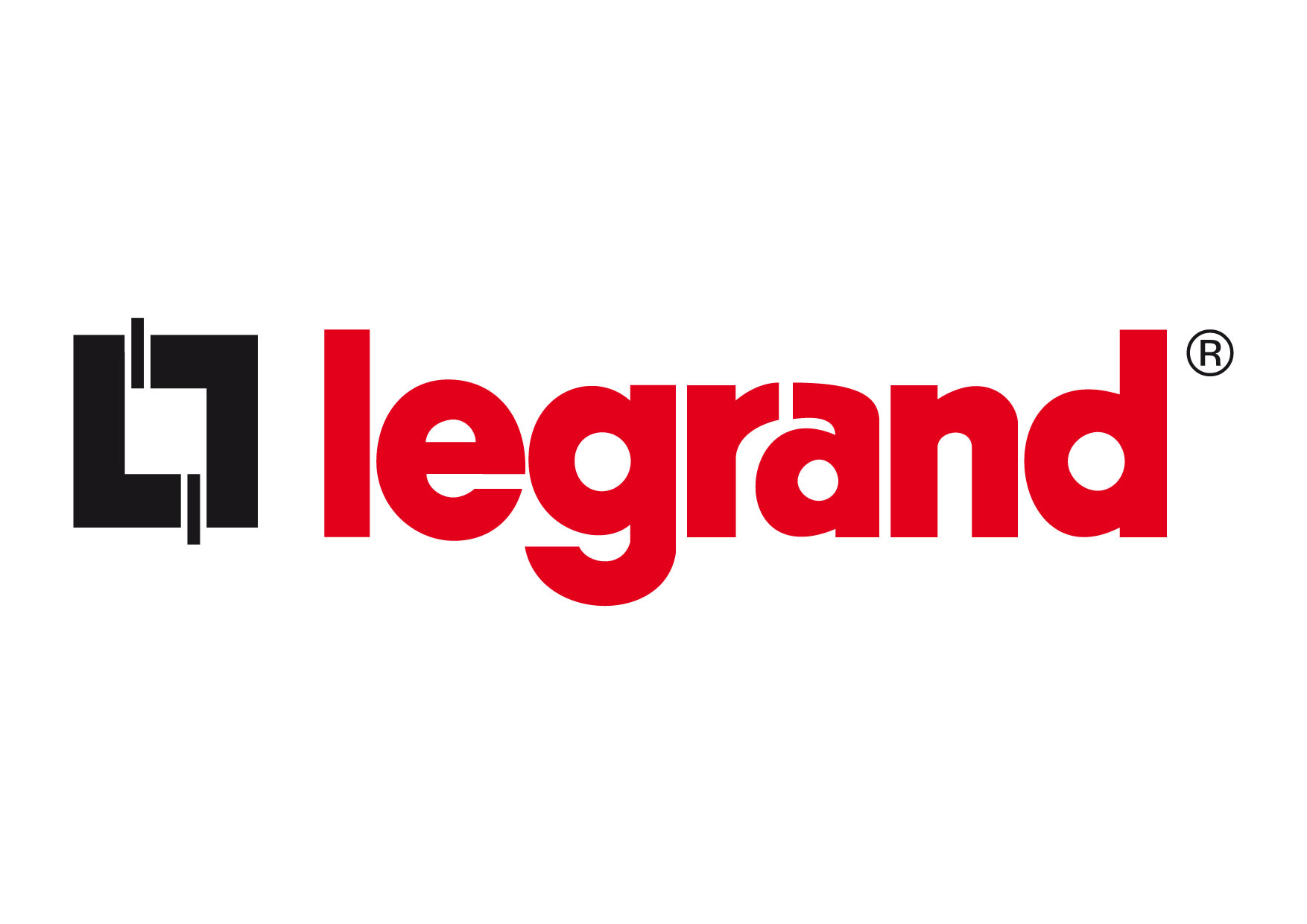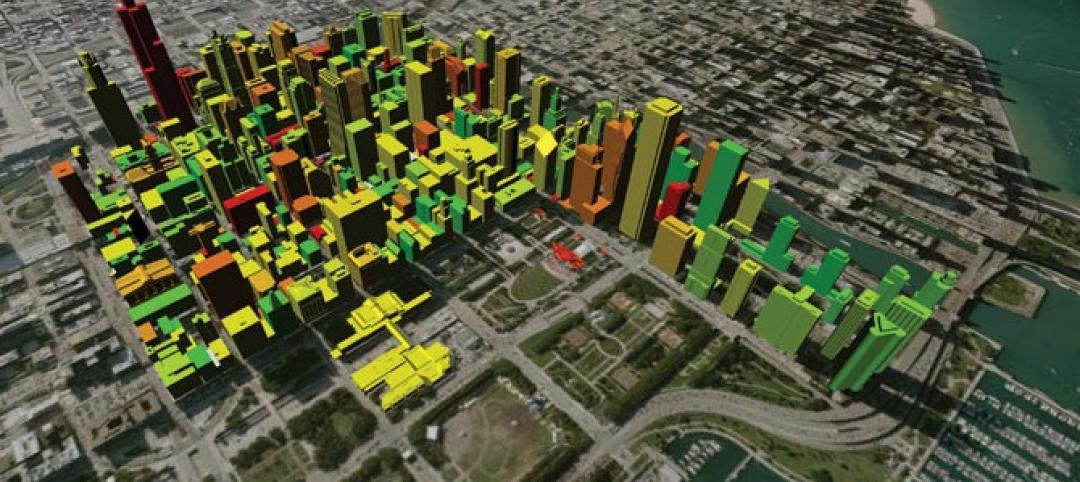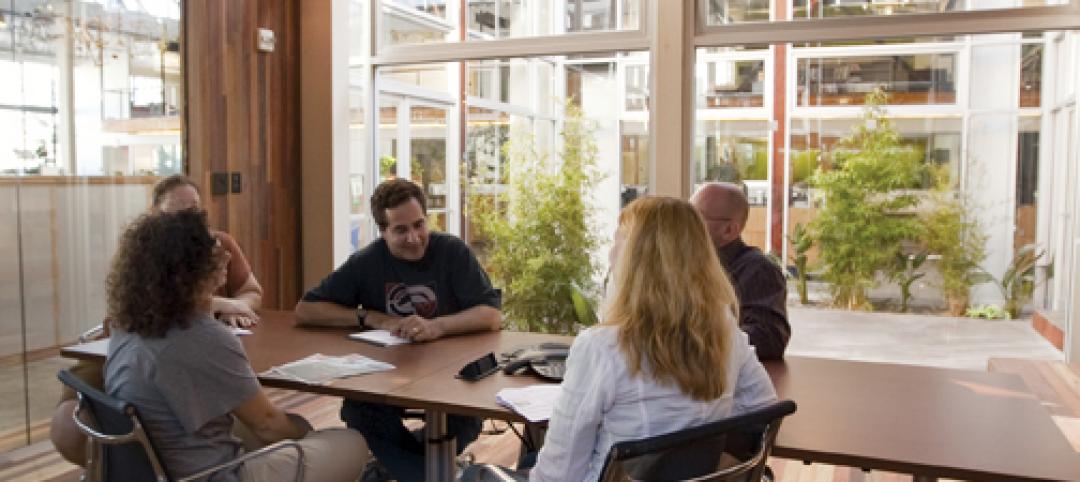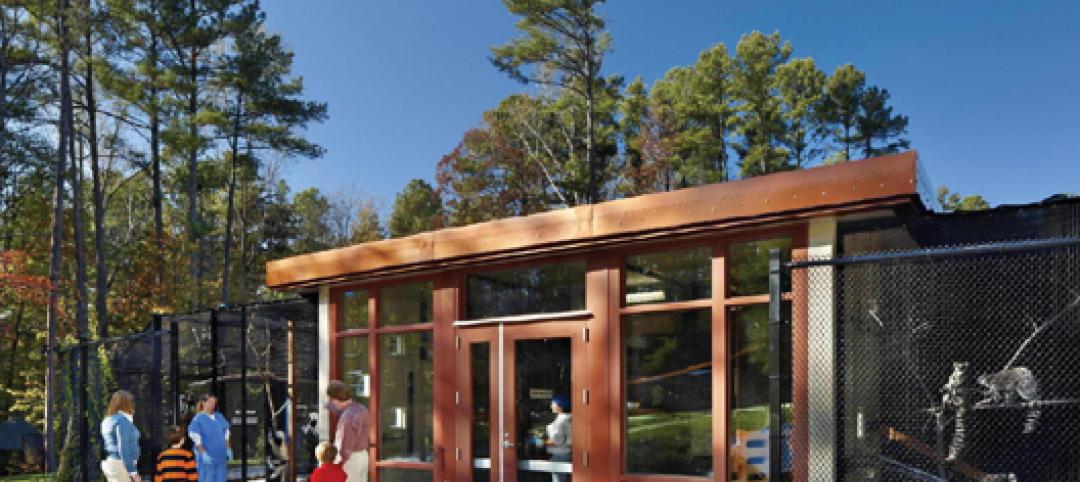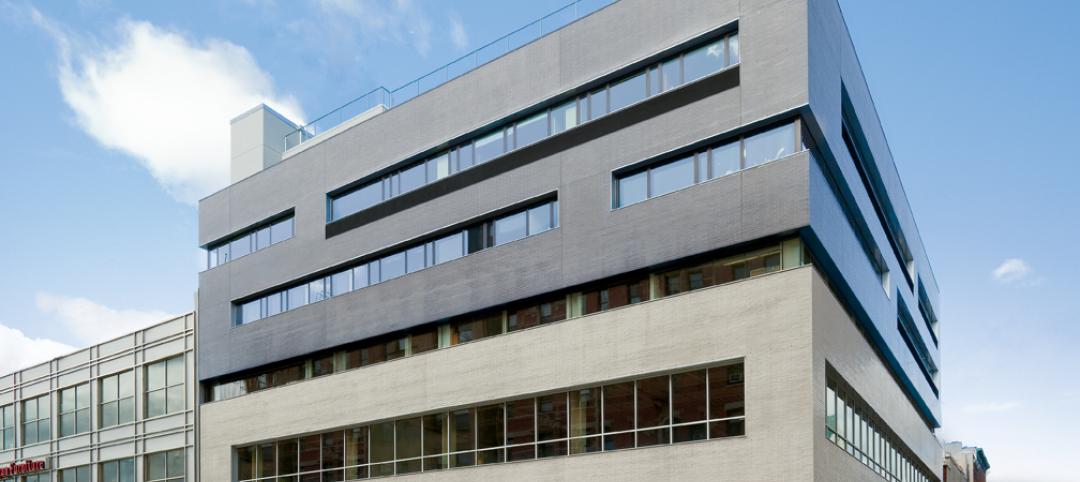Today, Legrand joined President Obama and Department of Energy officials in Washington, D.C. to announce the company has joined the Better Building, Better Plants Presidential Leadership initiative to create American jobs through energy efficiency.
Legrand is a manufacturer of electrical and data networking products for residential, commercial or industrial buildings. The company is one of just nine U.S. industrial organizations that have joined the initiative as Challenge Partners, pledging to the most aggressive energy savings, management and reporting practices outlined in a U.S. Department of Energy agreement.
By encouraging office and plant upgrades and renovations, the deployment of energy-saving solutions will boost local construction projects and expand opportunities for architects, design engineers, contractors and installers in communities throughout the U.S.
“People think energy-saving solutions are more complex than they are,” explained John Selldorff, president & chief executive officer of Legrand North America. “We hope to show our customers, suppliers and other mid-size manufacturers how to cut through the complexity with simple, repeatable solutions that are currently available to significantly reduce energy consumption. It can be as simple as controlling the lights to make sure they are off when not needed.”
The Better Building Challenge reporting requirements demand transparency and encourage replication of Challenge Partner projects across the U.S. economy.
“As other companies see what we do and deploy these ideas, they’ll realize energy and cost savings and, ultimately, spur more job creation in their own communities,” continued Selldorff.
As a Challenge Partner, Legrand has agreed to a series of high-impact actions that include:
- Reduce corporate wide energy intensity by 25% over ten years.
- Implement a “Showcase” project at a single site that will achieve a 10% energy intensity reduction in just two years.
- Deploy a “market innovation” that will accelerate achievement of energy efficiency gains.
- Report regularly on progress toward goals and lessons learned in deploying innovations and energy efficiency solutions.
Specific Legrand energy saving pledges and projects will be announced at a later date; however, the company is already installing sub-meters technology at 14 of its U.S. offices, manufacturing plants and warehouses. The technology will allow Legrand to instantly measure energy use, determine where greater efficiencies can be achieved through lighting and plugload management, and identify other upgrades needed to achieve energy efficiency goals. BD+C
Related Stories
| Jan 25, 2011
Bloomberg launches NYC Urban Tech Innovation Center
To promote the development and commercialization of green building technologies in New York City, Mayor Michael R. Bloomberg has launched the NYC Urban Technology Innovation Center. This initiative will connect academic institutions conducting underlying research, companies creating the associated products, and building owners who will use those technologies.
| Jan 25, 2011
Top 10 rules of green project finance
Since the bottom fell out of the economy, finding investors and financial institutions willing to fund building projects—sustainable or otherwise—has been close to impossible. Real estate finance prognosticators, however, indicate that 2011 will be a year to buy back into the real estate market.
| Jan 25, 2011
Chicago invented the skyscraper; can it pioneer sustainable-energy strategies as well?
Chicago’s skyline has always been a source of pride. And while few new buildings are currently going up, building owners have developed a plan to capitalize on the latest advances: Smart-grid technologies that will convert the city’s iconic skyline into what backers call a “virtual green generator” by retrofitting high-rise buildings and the existing electrical grid to a new hyper-connected intelligent-communications backbone.
| Jan 25, 2011
AIA reports: Hotels, retail to lead U.S. construction recovery
U.S. nonresidential construction activity will decline this year but recover in 2012, led by hotel and retail sectors, according to a twice-yearly forecast by the American Institute of Architects. Overall nonresidential construction spending is expected to fall by 2% this year before rising by 5% in 2012, adjusted for inflation. The projected decline marks a deteriorating outlook compared to the prior survey in July 2010, when a 2011 recovery was expected.
| Jan 25, 2011
Jester Jones Schifer Architects, Ltd. Joins GPD Group
GPD Group is excited to announce that Jester Jones Schifer Architects, a Marion-based architectural firm, has joined our firm, now enabling GPD Group to provide architectural services to the Central-Ohio market.
| Jan 21, 2011
Combination credit union and USO center earns LEED Silver
After the Army announced plans to expand Fort Bliss, in Texas, by up to 30,000 troops, FirstLight Federal Credit Union contracted NewGround (as CM) to build a new 16,000-sf facility, allocating 6,000 sf for a USO center with an Internet café, gaming stations, and theater.
| Jan 21, 2011
Manufacturing plant transformed into LEED Platinum Clif Bar headquarters
Clif Bar & Co.’s new 115,000-sf headquarters in Emeryville, Calif., is one of the first buildings in the state to meet the 2008 California Building Energy Efficiency Standards. The structure has the largest smart solar array in North America, which will provide nearly all of its electrical energy needs.
| Jan 21, 2011
Primate research facility at Duke improves life for lemurs
Dozens of lemurs have new homes in two new facilities at the Duke Lemur Center in Raleigh, N.C. The Releasable Building connects to a 69-acre fenced forest for free-ranging lemurs, while the Semi-Releasable Building is for lemurs with limited-range privileges.
| Jan 21, 2011
Harlem facility combines social services with retail, office space
Harlem is one of the first neighborhoods in New York City to combine retail with assisted living. The six-story, 50,000-sf building provides assisted living for residents with disabilities and a nonprofit group offering services to minority groups, plus retail and office space.


